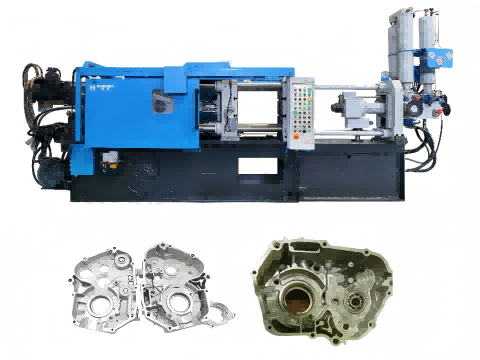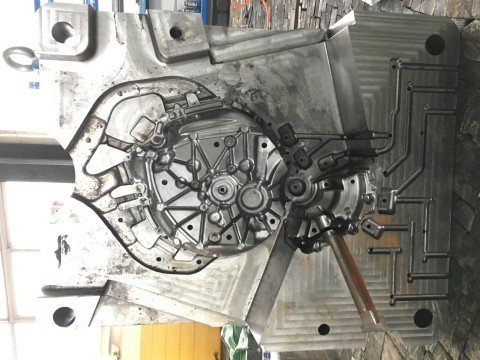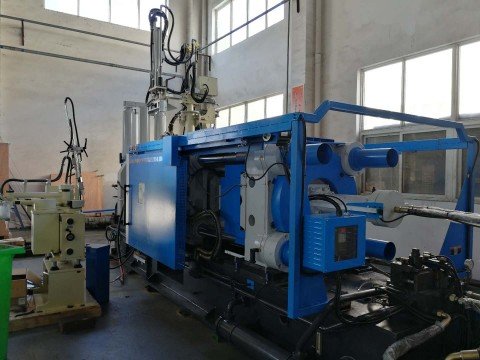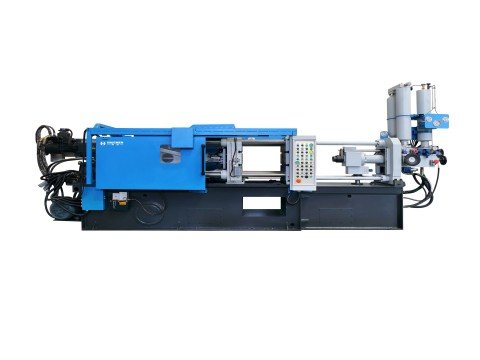In crankcase manufacturing, materials such as cast iron and aluminum alloys are predominantly used.
For many crankcase applications, cast iron remains a preferred material. Because of its strength and ability to resist very high compressive forces.
On the other hand, aluminum alloys are gaining popularity considering their light weight coupled with reasonable strength and resistance to corrosion. This is of particular importance to industries like automotive and aerospace that have a primary focus on weight.
Crankcases serve as vital parts of internal combustion engines. And are usually manufactured with materials tailored to suit very specific requirements needed from them.
Constructing Crankcase manufacturing materials is based on factors like type of engine. Its performance parameters, and other business and manufacturing issues.

Aluminum Alloys
Over the past few years, the use of aluminum alloys in crankcase construction has increased markedly. While aluminum does not offer the compressive strength provided by cast iron, advances in engineering. And the development of a large number of aluminum alloys practically make it possible to use aluminum in numerous engine components.
- Advantages: Good thermal conductivity and ease of casting make aluminum alloys in increasing demand for crankcase manufacturing.
- Properties: The use of aluminum within engines makes sense due to its reasonable strength, durability, and corrosion resistance.
- Applications: Aluminum crankcases are commonly found in automotive engines and small to medium-sized engines in various industries.

Cast Iron
Cast iron has been a popular material for crankcase manufacturing. It is easy to work with due to its durability and low cost and has many uses such as in engines and industrial machines.
- Advantages: Heavy applications are best served with cast iron as it possesses high strength, thermal stability, and wear resistance.
- Properties: In specific engine designs, the benefits of reduced vibrations. And greater durability offered by cast iron crankcases prove to be invaluable.
- Applications: We frequently make use of cast iron crankcases in heavy-duty engines. Which include truck and tractor engines, as well as industrial machines.
Composite Materials
Potential candidates for crankcase manufacturing include other polymer composites like carbon fiber reinforced polymer (CFRP). With time, these composities are likely to be used more commonly in vehicle high-performance. And luxury vehicles due to the decrease in costs and advancement in technology.
- Advantages: Greater strength, lightweight, corrosion resistance. Are some of the advantages of composite materials that provide a unique blend of properties.
- Properties: Design freedom for increased performance optimization permits custom requirements to be placed on composite crankcases.
- Applications: Specific vibration damping and lightweight requirements, along with precise material properties make composite materials ideal for specialized engine applications.
The Role of Die Casting in Crankcase Manufacturing
As far as manufacturing processes are concerned. Die casting is the most popular technique applied in the production of crankcases, particularly in those made of aluminum alloys. In the process, molten metal is injected into a mold at high pressure. And the part is manufactured with complex shapes and high precision and dimensional accuracy. Due to the ability to produce crankcases with intricate designs and thin walls. Die casting further helps to reduce weight without compromising strength. Producing crankcases using die casting also proves to be efficient. And economical as the process allows for the production of large quantities of identical and consistently high-quality parts.
Haichen is renowned for making high quality crankcases using die castings
HAICHEN is a trusted brand in the manufacturing of die casting machines. And than to produce crankcases, we custom design their cold chamber die casting machines to use aluminum alloys and magnesium alloys as the raw materials.

Material versatility
With HAICHEN cold chamber die casting machines, manufacturers are assured of flexibility in choosing project specifications as they can process aluminum alloys and magnesium alloys.
Precision Engineering
Attention to detail is at the core of HAICHEN machine design which ensures the output of complex parts like crankcases is consistent and high quality.

The choice of crankcase manufacturing materials depends on a range of factors, including performance requirements, cost considerations, manufacturing processes, and the intended use of the engine.
In conclusion, manufacturers need to carefully select materials to ensure that the crankcase meets the necessary performance, durability, and functionality requirements of the engine in which it is installed.



